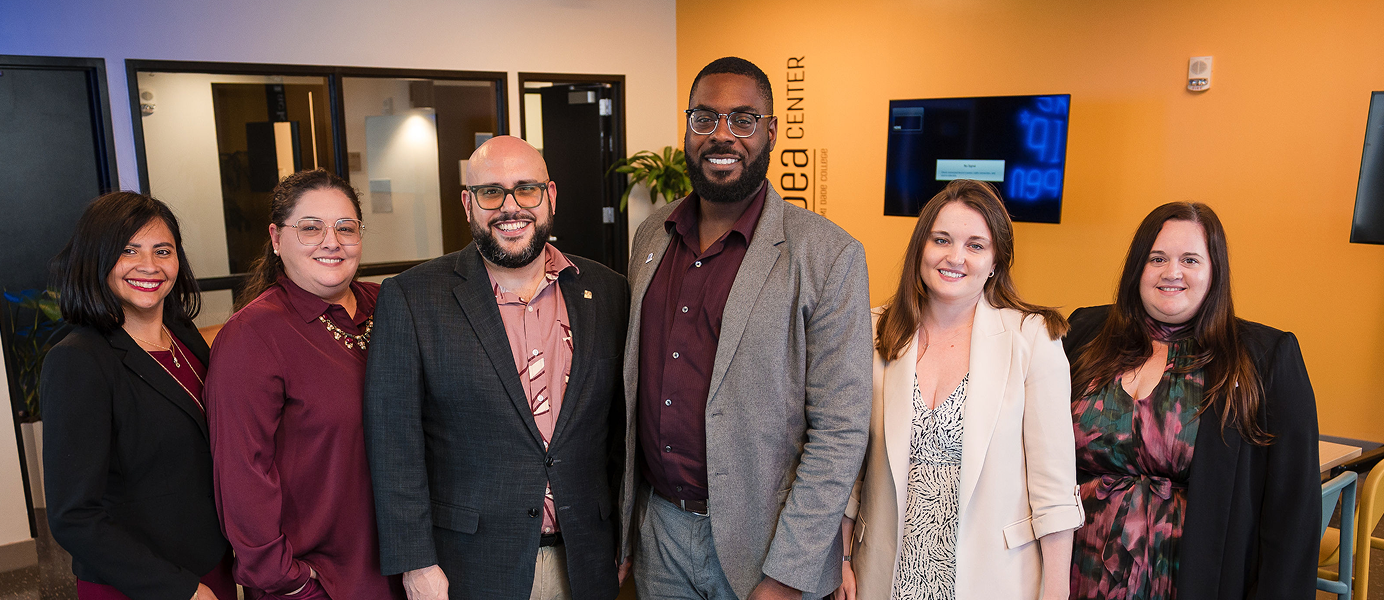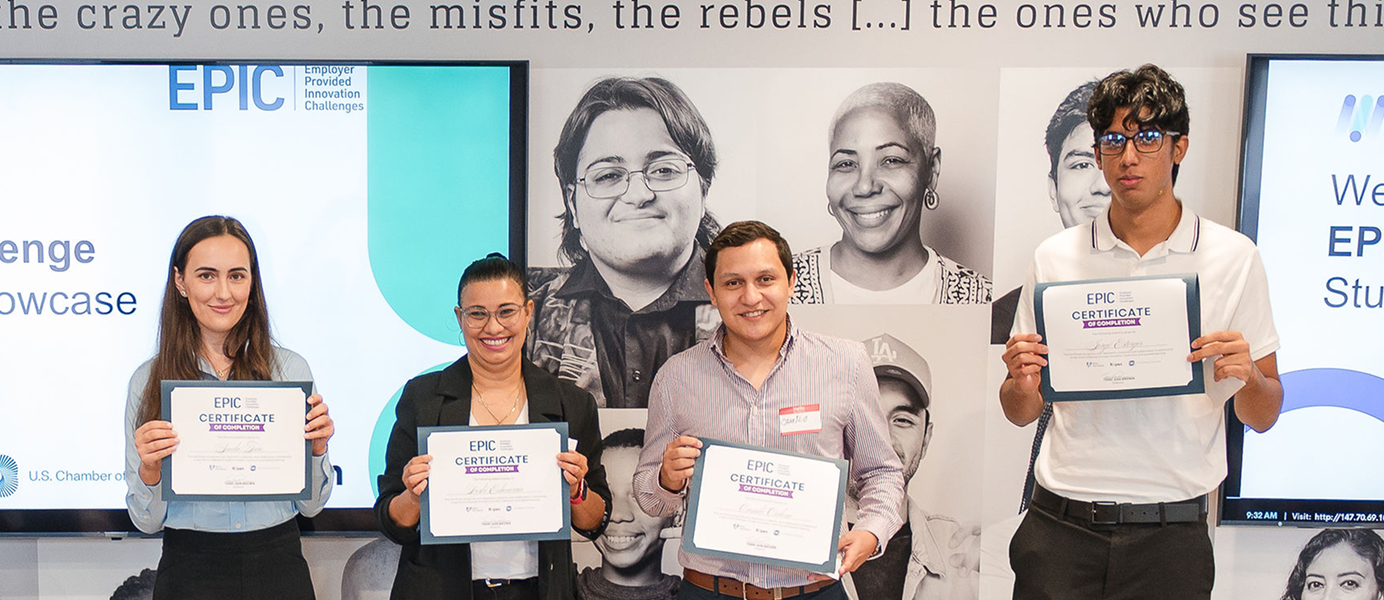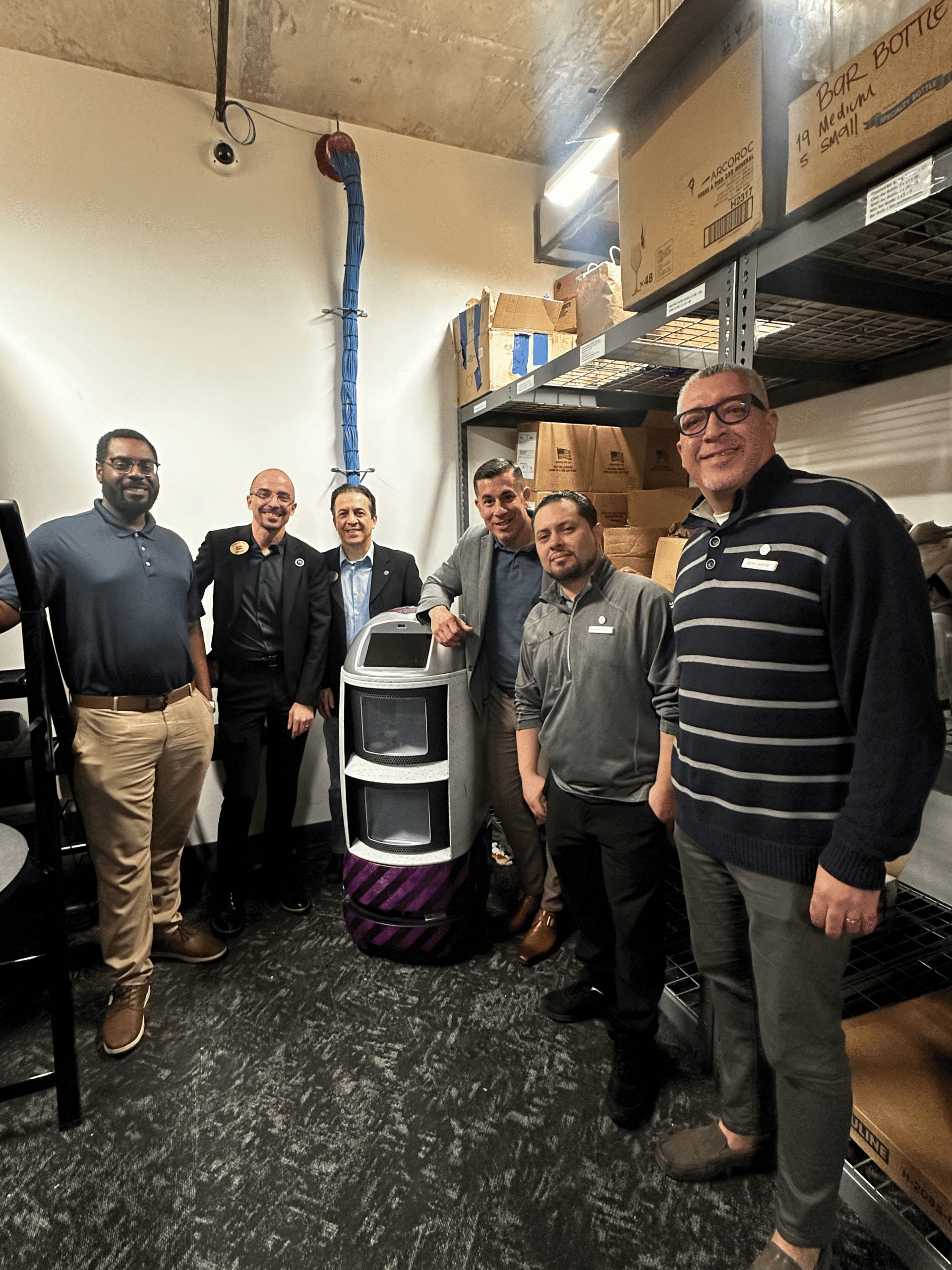From Community Colleges to Universities: How Miami’s Schools Are Powering the Tech Workforce

Miami’s educational institutions are teaming up with the tech industry to prepare students for the workforce. Miami Tech Works aligns educational programs with the needs of employers, strengthening the region’s tech talent pool. This collaboration, known as “Miami tech education,” is paving the way for students to transition smoothly from classrooms to tech careers.
Miami Dade College (MDC), Florida International University (FIU), and Florida Memorial University (FMU) are among the list of universities supporting tech workforce enhancements and developing employer-aligned programs. By implementing articulation agreements and stackable credentials, these institutions are creating clear pathways into tech fields.
Examine how coalition-supported programs and curriculum updates, informed by industry leaders, are shaping tech education. Public institutions can close equity gaps, making tech careers accessible to a diverse student body. Explore how Miami’s academic and industry partnerships are shaping the future of the tech workforce.
The Role of Miami’s Educational Institutions in Tech Workforce Development
Miami’s educational landscape is evolving to meet the demands of the tech industry, with institutions like Miami Dade College (MDC), Florida International University (FIU), and Florida Memorial University (FMU) leading the charge. These schools are doing more than reacting to current industry needs; they are also looking ahead to future trends to equip students for the changing job market.
MDC has taken significant steps by crafting programs that directly address the skills gaps identified by local tech employers. By collaborating with industry experts, they ensure their curriculum remains relevant and practical. FIU’s College of Engineering and Computing has forged strong partnerships with tech companies, offering students valuable hands-on experience through internships and co-op programs, which boosts their job prospects after graduation.
Collaboration between community colleges and universities is key to this effort. By pooling resources and expertise, these institutions create a cohesive educational pathway that benefits students as they advance in their careers. FMU is also integrating technology across its curriculum, ensuring all students, regardless of their major, develop essential tech skills. This approach prepares them for tech roles while simultaneously enhancing their digital literacy for various fields.
Together, these institutions are bolstering the local tech workforce and contributing to South Florida’s economic growth. Through these initiatives, Miami is establishing itself as a center for tech education and innovation, drawing students and professionals from the region.
Creating Clearer Career Paths Through Articulation Agreements and Stackable Credentials
In Miami, articulation agreements and stackable credentials are transforming how students enter tech careers. These tools help students transition smoothly between educational levels, preserving their credits and time, which boosts their readiness for the workforce.
Miami Dade College (MDC) and Florida International University (FIU) have crafted agreements that allow students to transfer credits easily, recognizing their previous learning. This system saves time and money while also supporting students in pursuing advanced tech degrees.
Stackable credentials add another layer of flexibility. They enable students to earn certificates that build into associate and then bachelor’s degrees. This is especially useful for working students who need to juggle education and employment, as they can gain job-relevant skills progressively and apply them immediately.
South Florida tech training institutions are setting standards with these initiatives. For example, MDC and FIU have a cybersecurity pathway where students can earn certifications that count toward higher degrees. The higher ed and workforce alignment boosts employability and aligns education with industry needs, ensuring students acquire skills that employers demand.
These educational strategies are doing more than building a strong tech workforce in Miami; they are also promoting lifelong learning. This approach meets the evolving needs of students and the tech industry, reinforcing Miami’s leadership in tech education.
Coalition-Supported Programs and Curriculum Updates
Miami’s educational institutions are working closely with tech industry leaders to ensure their programs align with current job market demands. By fostering partnerships between educators and employers, these coalitions keep curricula relevant and up-to-date with the latest technological trends.
For example, Miami Dade College (MDC) has teamed up with local tech companies to revamp its computer science courses, incorporating in-demand programming languages and tools. Similarly, Florida International University (FIU) has enhanced its data analytics and AI courses through industry collaboration, providing students with the skills needed for today’s tech environment.
These initiatives improve educational quality and offer students real-world project experience. This practical exposure is critical, as it helps students apply their knowledge in real settings, boosting their readiness for the workforce.

Public Institutions and Their Role in Closing Equity Gaps
Public institutions in Miami are pivotal in making tech education accessible to a diverse student body, helping to bridge equity gaps in the tech sector. By offering affordable tuition and comprehensive support services, these schools open doors for students from various backgrounds to pursue tech careers.
Miami Dade College (MDC) offers scholarships and financial aid specifically for underrepresented groups in tech. Florida Memorial University (FMU) runs initiatives to increase the participation of women and minorities in STEM, including mentorship programs and inclusive workshops.
These efforts are vital for fostering diversity in the tech workforce, which enhances innovation. By supporting students from diverse backgrounds, Miami’s public institutions address equity gaps while also enriching the tech ecosystem with a variety of perspectives.
The Impact of Industry Collaboration on Student Outcomes
The partnership between Miami’s educational institutions and the tech industry significantly enhances student outcomes. By aligning educational programs with industry needs, students are better equipped for real-world tech careers.
Graduates from certain community colleges’ tech programs, specifically FIU, have secured positions at top tech firms, thanks to the practical skills and experience gained through these partnerships. Such collaborations also improve job placement rates, as employers prefer graduates trained in relevant, current skills.
Students also gain valuable networking opportunities and mentorship from industry professionals, which are pivotal for career development. This collaboration boosts employability and promotes a culture of continuous learning and adaptability, essential in the rapidly changing tech landscape.
Discover Opportunities with Miami Tech Works
The collaboration between Miami’s educational institutions and the tech industry is advantageous for developing a job-ready workforce. By aligning curricula with industry needs, creating clear career paths, and promoting diversity, these partnerships set a high standard for tech education.
Academic leaders, policymakers, and employers are encouraged to support and expand these initiatives, recognizing the mutual benefits. To explore how you can contribute to this transformative effort, contact us at Miami Tech Works to discover opportunities and programs that drive innovation and growth in the tech workforce.


